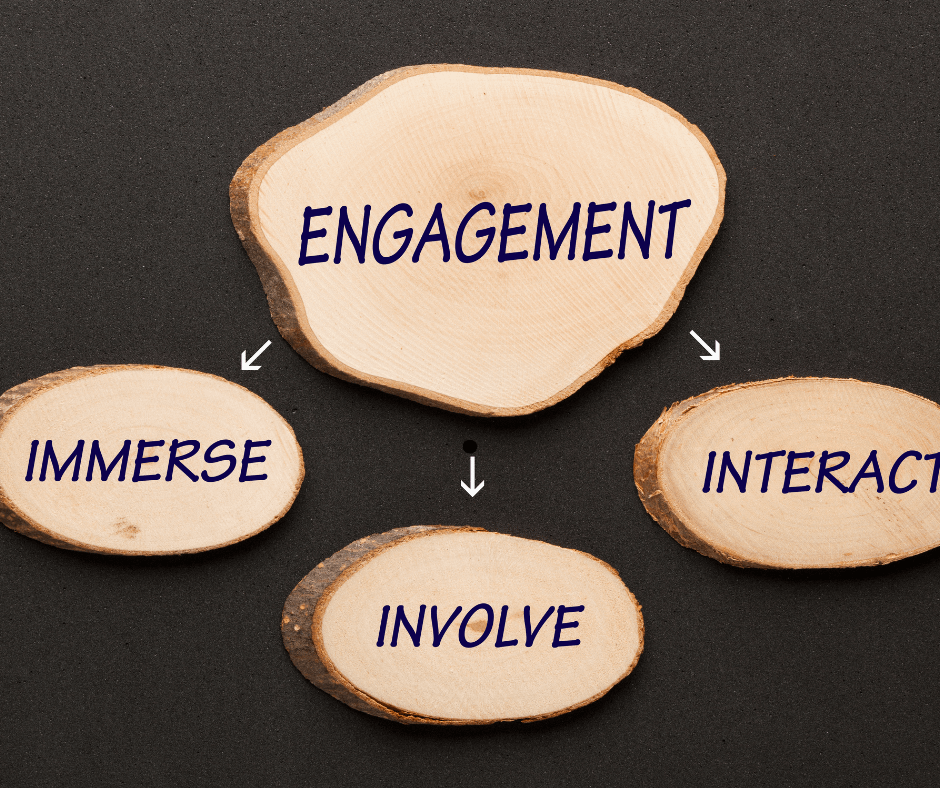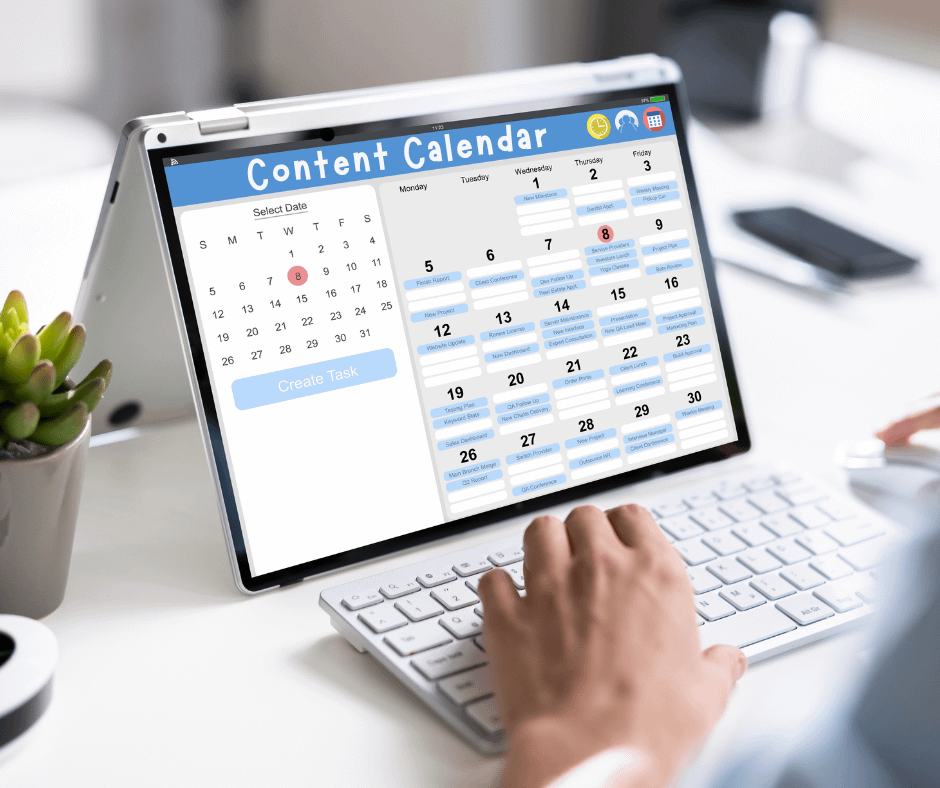
Inconsistent or infrequent email campaigns can lead to a disengaged audience that needs to remember about your brand. To combat this, creating a content calendar is essential. A well-planned content calendar ensures regular communication with your audience, maintaining their interest and engagement. This article will explore the importance of consistent email campaigns and provide tips on effectively planning your content using a content calendar.
Problem: Inconsistent Email Campaigns
When email campaigns are sent out inconsistently, it can cause your audience to lose interest and forget about your brand. This leads to lower open rates, reduced engagement, and ultimately, decreased conversions and affiliate earnings.
Solution: Create a Content Calendar
1. Understand the Importance of Consistency. Consistency in email marketing helps build and maintain a strong relationship with your audience. Regular communication keeps your brand top of mind and fosters trust and loyalty.
Keywords:
- Consistent email campaigns
- Email marketing
- Content calendar
Benefits of Consistency:
- Increased brand awareness
- Higher engagement rates
- Improved conversion rates
- Stronger customer loyalty
2. Develop a Content Calendar. A content calendar is a strategic tool that helps you plan and schedule your email campaigns in advance. This ensures that you maintain a consistent communication schedule with your audience.
Steps to Create a Content Calendar:

- Identify Your Goals: Determine the objectives of your email campaigns, such as promoting new products, driving traffic to your website, or increasing affiliate sales.
- Plan Your Content: Outline the topics and themes for each email. Consider seasonal events, product launches, and any relevant industry trends.
- Set a Schedule: Decide on the frequency of your emails. Whether it’s weekly, bi-weekly, or monthly, consistency is key.
- Assign Responsibilities: If you have a team, assign tasks to ensure that content creation, design, and scheduling are managed efficiently.
3. Use Tools for Efficient Planning There are several tools available that can help you create and manage your content calendar. These tools can streamline the planning process and ensure that your campaigns are executed smoothly.
Recommended Tools:
- Google Calendar: Simple and accessible, great for small teams.
- Trello: Visual planning tool that allows you to organize tasks and collaborate with your team.
- CoSchedule: Comprehensive marketing calendar that integrates with various platforms and provides analytics.
4. Incorporate Variety in Your Content To keep your audience engaged, vary the types of content you send. This could include newsletters, promotional emails, product updates, and educational content.
Examples of Content Types:
- Newsletters: Share industry news, tips, and insights.
- Promotional Emails: Highlight special offers, discounts, and new products.
- Product Updates: Inform subscribers about new features or upcoming launches.
- Educational Content: Provide valuable information that helps your audience solve problems or improve their skills.
5. Monitor and Adjust Your Strategy Regularly review the performance of your email campaigns and adjust your content calendar based on the results. Track key metrics such as open rates, click-through rates, and conversions to identify what works best for your audience.
Tips for Monitoring and Adjusting:
- Analyze Performance: Use email marketing software to track metrics and gain insights into your campaigns.
- Gather Feedback: Solicit feedback from your subscribers to understand their preferences and interests.
- Make Data-Driven Decisions: Use the data collected to refine your content calendar and improve future campaigns.
Conclusion
Inconsistent email campaigns can lead to a disengaged audience, but a well-planned content calendar can help you maintain regular communication and keep your audience engaged. By understanding the importance of consistency, developing a content calendar, using planning tools, incorporating variety in your content, and regularly monitoring your strategy, you can enhance your email marketing efforts and drive higher engagement and conversions in your affiliate marketing campaigns.

